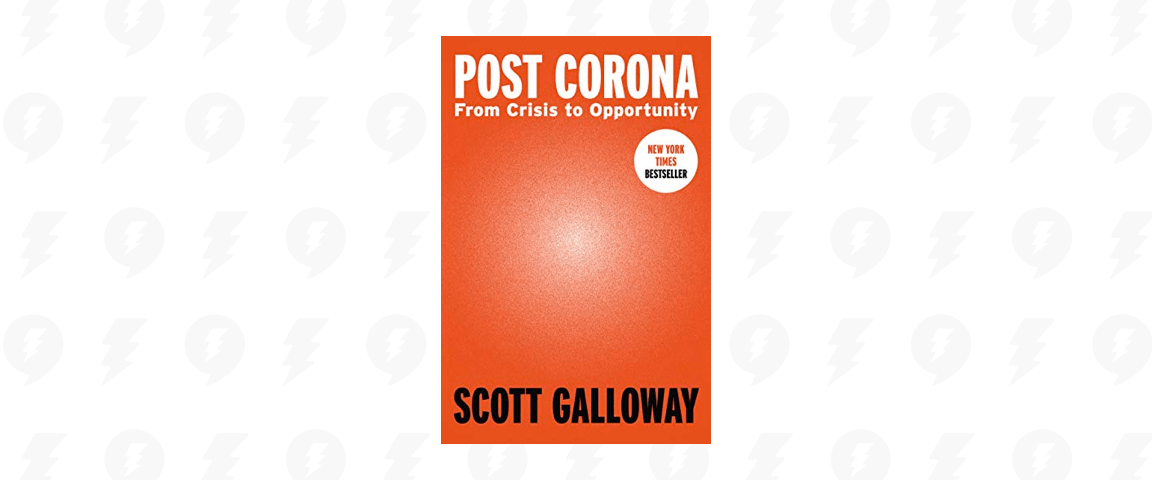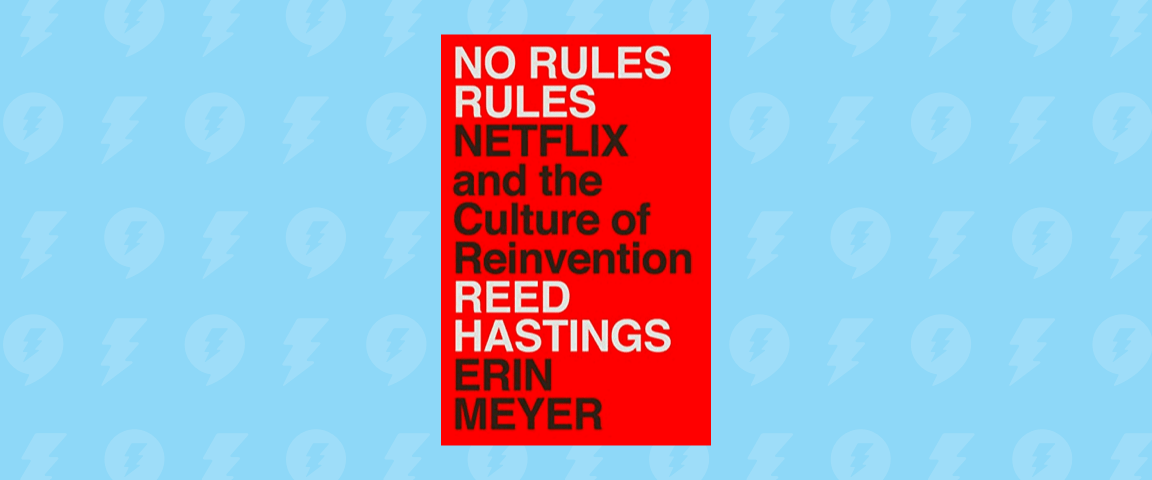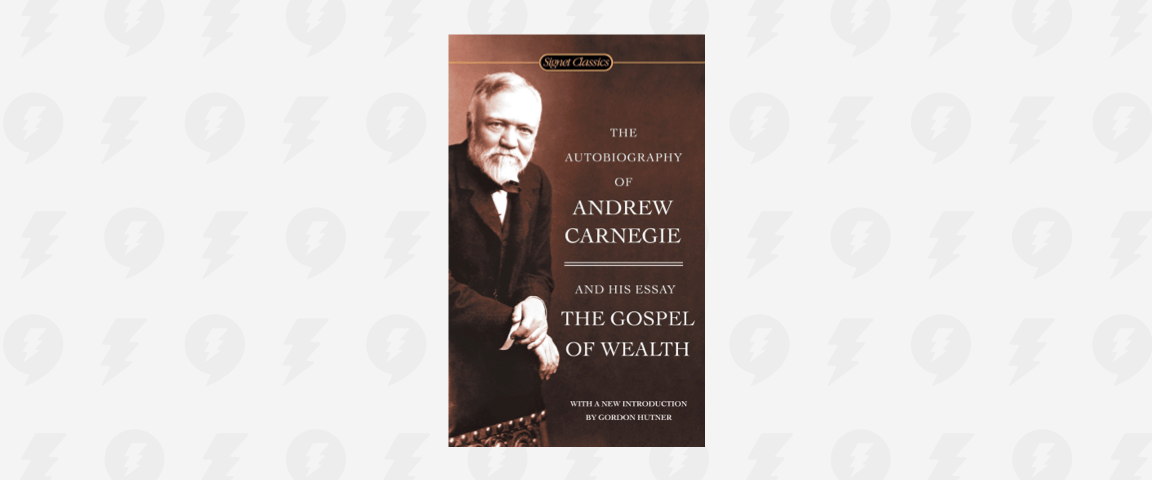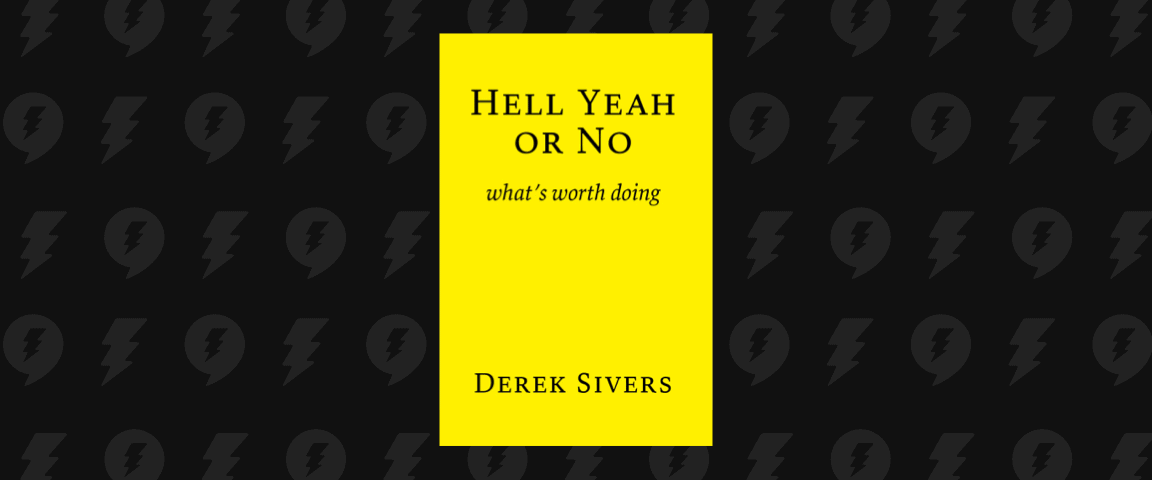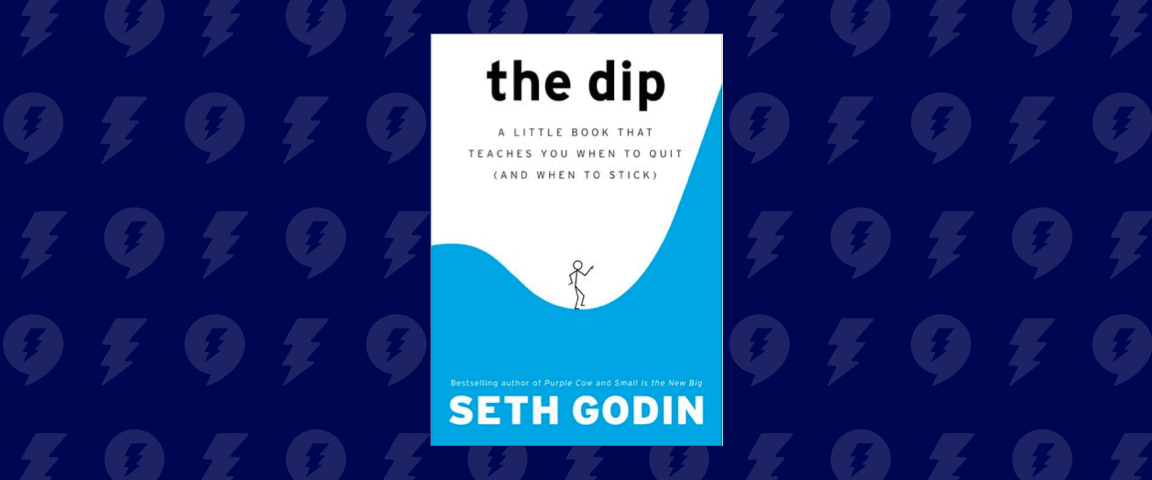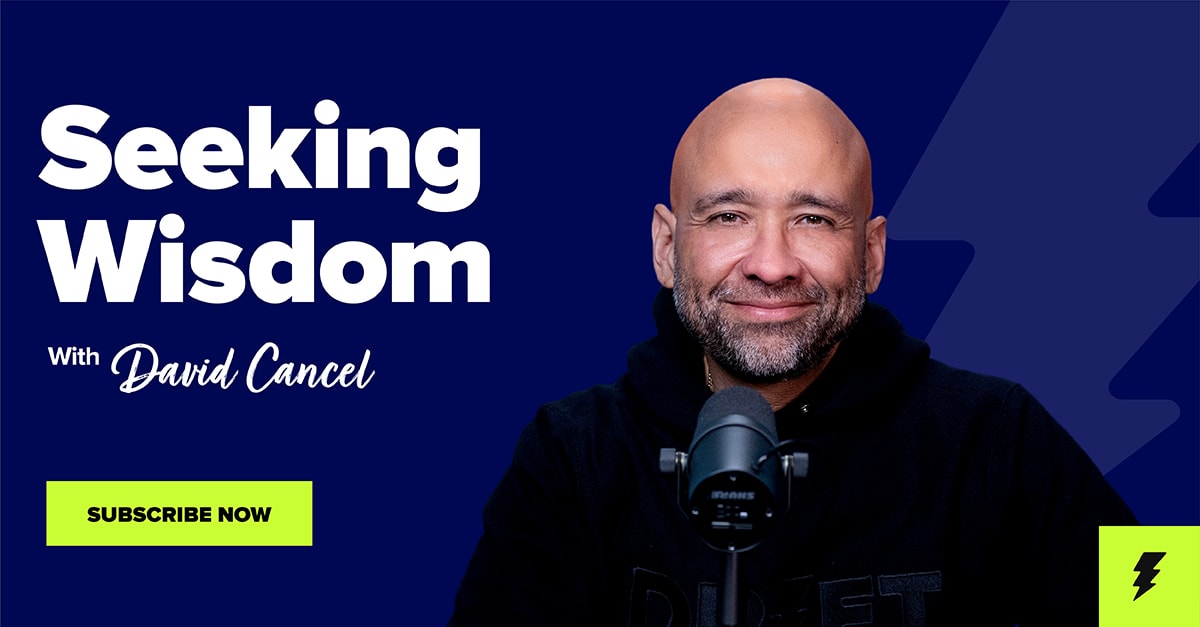Editor’s Note: This article was first published by Inc. here.
I wholeheartedly believe that the more books you read, the more you can avoid repeating mistakes that others have made.
What I mean by this is that, while our parents may have told us otherwise, we are not special. So even though situations may be different, the odds are, whatever issue or trouble we are experiencing (questions about the future of work, creative blocks, a dip in productivity or progress), there is a book you can learn from. And why learn everything by brute force, alone, when you can learn from others – even those who may not technically be in the same domain as you are.
Here are five books that have resonated with me recently that I am recommending to others right now.
1. Post Corona: From Crisis to Opportunity by Scott Galloway
If you are an avid listener of Galloway’s podcasts, you will likely know that for the past nine months, he has been thinking about what life after COVID-19 will look like. He and I agree on something fundamental. The world has suffered a collective trauma – we were faced with some really uncomfortable truths – and we are not going back to where we were before. To use a term from Jeff Bezos, we have walked through a one-way door – and we cannot go backward. So what does that mean? It means that while 40 percent of Americans couldn’t cover a $400 emergency expense before, our relationship with money will be changed. It means that while some businesses were booming because of the acceleration of digital transformations, others were “being slaughtered” and we have entire industries and workers who need to pivot. This book explores all facets of what a post-corona world will look like – for businesses, for city planning, for the future of work, and more – and we should all be prepared.
2. No Rules Rules: Netflix and the Culture of Reinvention by Reed Hastings and Erin Meyer
The secrets behind Netflix’s enviable culture have been revealed before. First, there was the Netflix culture deck, followed by Patty McCord’s book, Powerful: Building a Culture of Freedom & Responsibility. But whereas the culture deck stood more as a “what to expect if you work at Netflix,” and Powerful draws on other experiences McCord has had in Silicon Valley, this new book outlines a play-by-play strategy about how to implement what has worked at Netflix as your company. The book covers four main ideas – talent density, removing controls, candor, and global implications of culture. As we expand globally at Drift, I’m paying particular attention to the fourth section.
3. The Autobiography of Andrew Carnegie, and His Essay The Gospel of Wealth by Andrew Carnegie
I rarely sit down and thinking, “I want to learn about x, y, and z and so I’m going to find someone who has learned this or gone through something similar.” Rather, I find other subjects, points, or characters in history who interest me. And right now I’m really geeking out on Andrew Carnegie. And what I love is that, while I started reading about him just from an enjoyment standpoint, I’m observing that the same patterns appear throughout all different contexts, time, and events. So I wasn’t necessarily reading this book to solve a problem we have now – but I’m picking up things because he went through something very similar, from a human standpoint, that I might be able to apply in my life and work.
4. Hell Yeah or No: What’s Worth Doing by Derek Sivers
To me, this is the modern-day version of Meditations by Marcus Aurelius – and something I recommend you buy, read, and then reread. It’s that important. This book is based on Derek Sivers’s journal entries after he sold his company and signed a non-compete – ensuring that he couldn’t do the one thing he had been doing for years. When you can’t do what you’ve been doing, what do you do? This is what Sivers sets out to answer in this book – and each chapter has a lesson that will likely resonate with you at one point or another. What I love is that it’s not something you need to read cover to cover in one sitting – you can pick it up, read a short, digestible chapter, and come back over and over.
5. The Dip: A Little Book That Teaches You When to Quit (and When to Stick) by Seth Godin
I recently talked about this book with our team during one of our quarterly company meetings. As I told them, things feel really hard right now. In this book, Godin talks about, when someone goes through a growth path, whether it’s a professional, personal, or collective one, it’s never a linear path. There’s always a series of stair stepping your way upward. And along those stair steps, you hit these plateaus – and you have a period called “the dip.” The dip is important because that’s where you have to decide if you’re going to stop moving forward, or if you’re going to reassess, reorganize yourself and double down for the march ahead. And if you do that, you eventually get to the next peak, and that continues over and over again. I’ve gone through many dips throughout my career – but I find that going through those dips helps you realign and center on your mission and goal, solidify the team you have with you, and keep close to the customer you’re serving.
—
What I enjoy about the above books is that you’ll likely get something different out of them each time you go back and read one (even just a chapter). But the most important thing is to find a subject, or character, or time that you find interesting – and learn about that. Because you never know what you will pick up and how you can apply it to your life.





